Burundi’s President Evariste Ndayishimiye has issued a stern warning to corrupt officials, threatening reshuffles and severe penalties for those found guilty of mismanagement or plundering public resources. The announcement was made on Tuesday during the conclusion of a three-day presidential crusade in Bujumbura, marking the year’s end.
“Those who are found guilty of corruption and mismanagement of public resources will be sacked, punished, and required to repay what they stole with interest,” Ndayishimiye said, adding that corrupt officials would no longer be trusted with government positions.
The President also condemned financial malpractice, including hoarding money and manipulating banking systems to evade detection by the Central Bank. “Those hiding money at home instead of depositing it in banks, or banks that fail to provide accurate reports to the Central Bank, will be treated as enemies of the country’s development. They will be labeled as rebels and punished as an example,” he warned.
Addressing the pressing issue of price speculation and hoarding by merchants, Ndayishimiye reiterated his commitment to protecting the public. “Anyone found hoarding goods or inflating prices will lose their right to trade and face severe penalties,” he said.
On Friday, during a public broadcast in the country’s economic capital Bujumbura, the President gave the Ministry of Trade 15 days to address soaring inflation and rampant price speculation or risk a reshuffle. This bold ultimatum came as citizens struggle with the rising cost of living.
In his address, Ndayishimiye described 2025 as a “foundational year” for Burundi’s development and called for collective action. “Every Burundian must take action to help Burundi achieve its vision of becoming a developed nation,” he urged.
The President also highlighted ongoing efforts to recover unpaid taxes, with Finance Minister Nestor Ntahontuye recently launching a campaign to recover 300 billion Burundian francs in arrears. These measures, alongside the crackdown on corruption and financial malpractice, aim to stabilize the economy and rebuild public trust in government institutions.

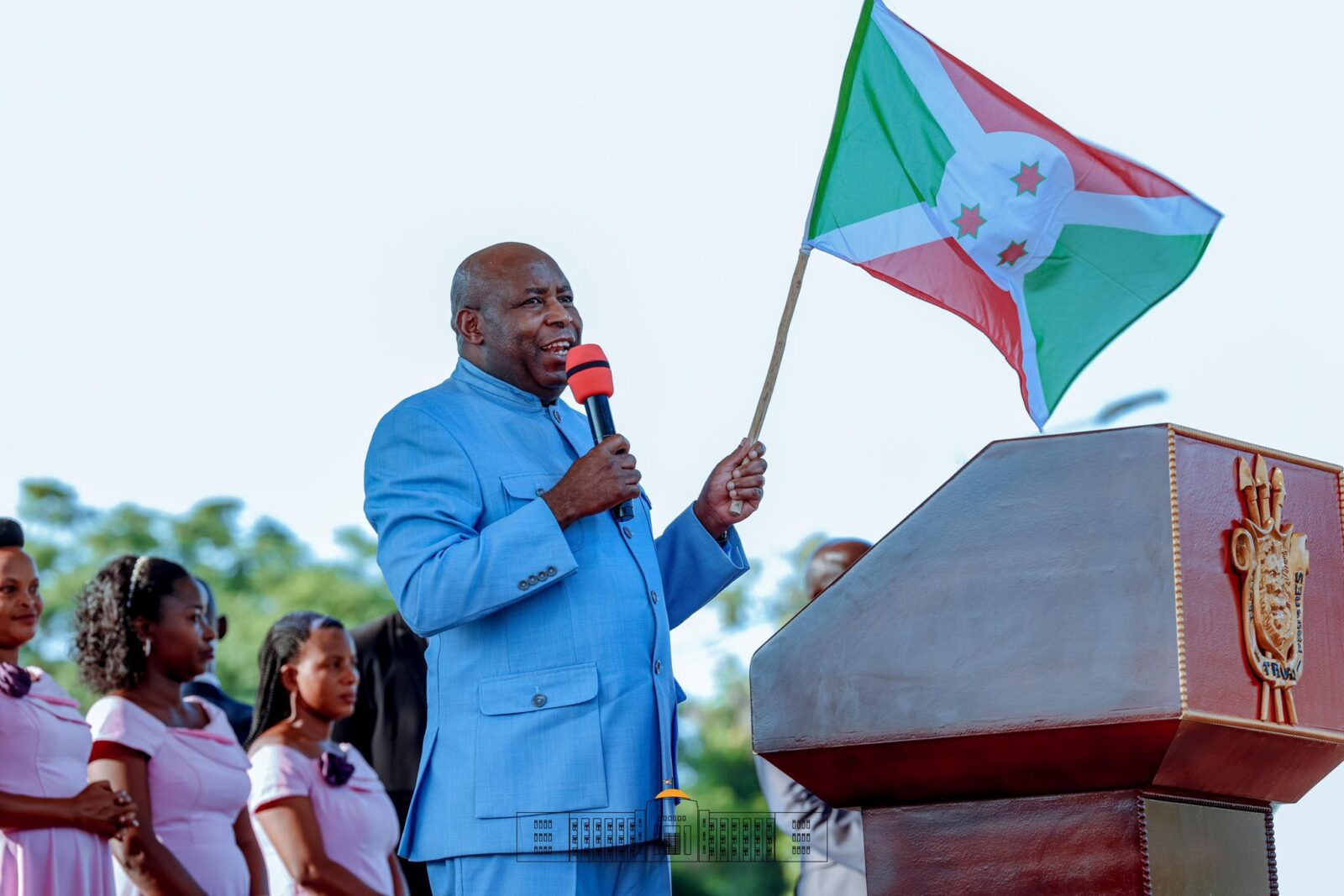
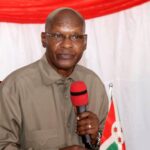

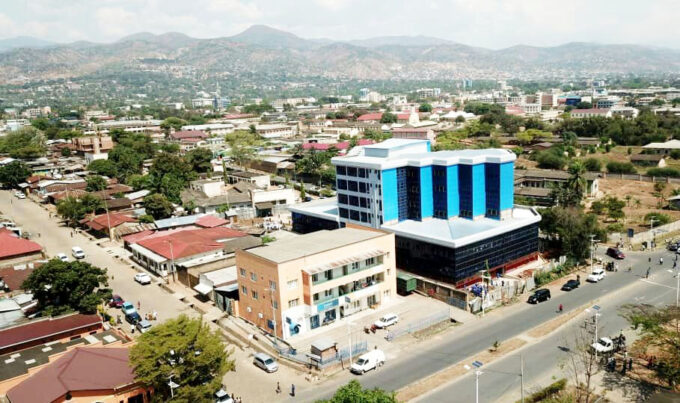
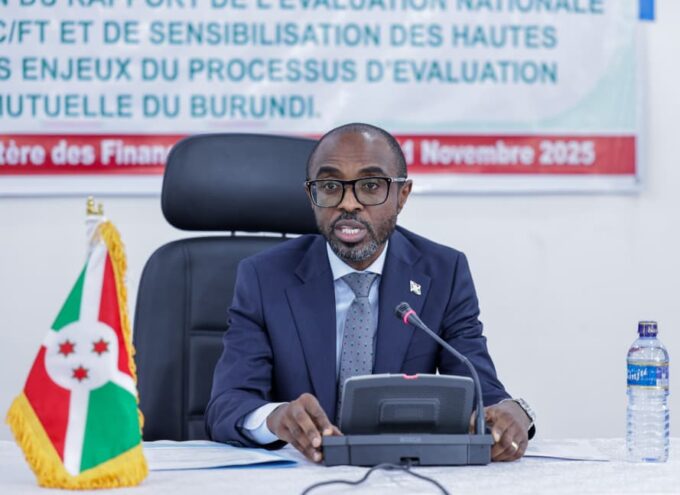
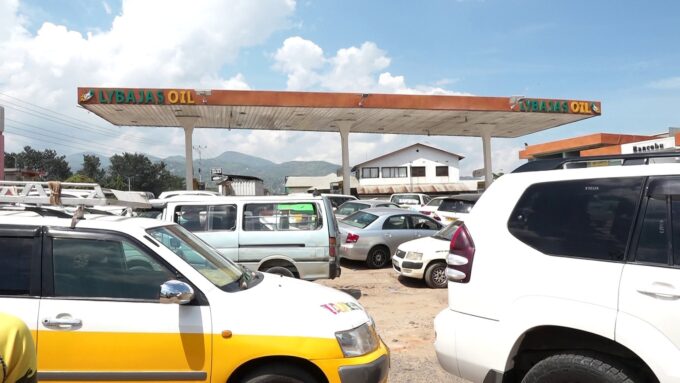
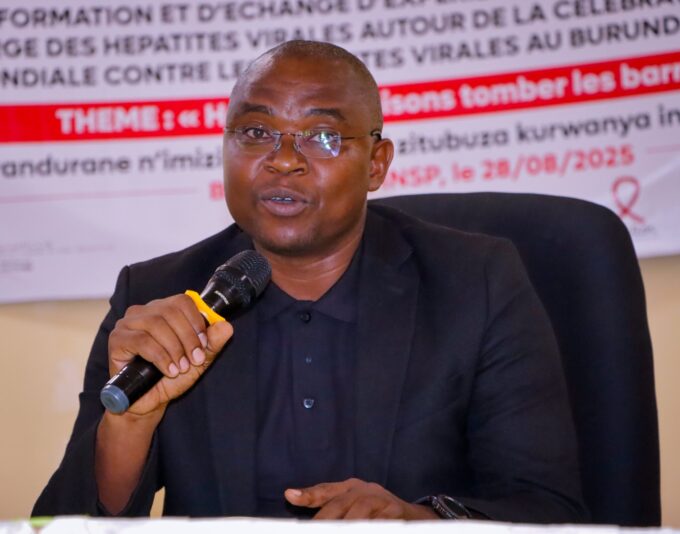
1 Comment